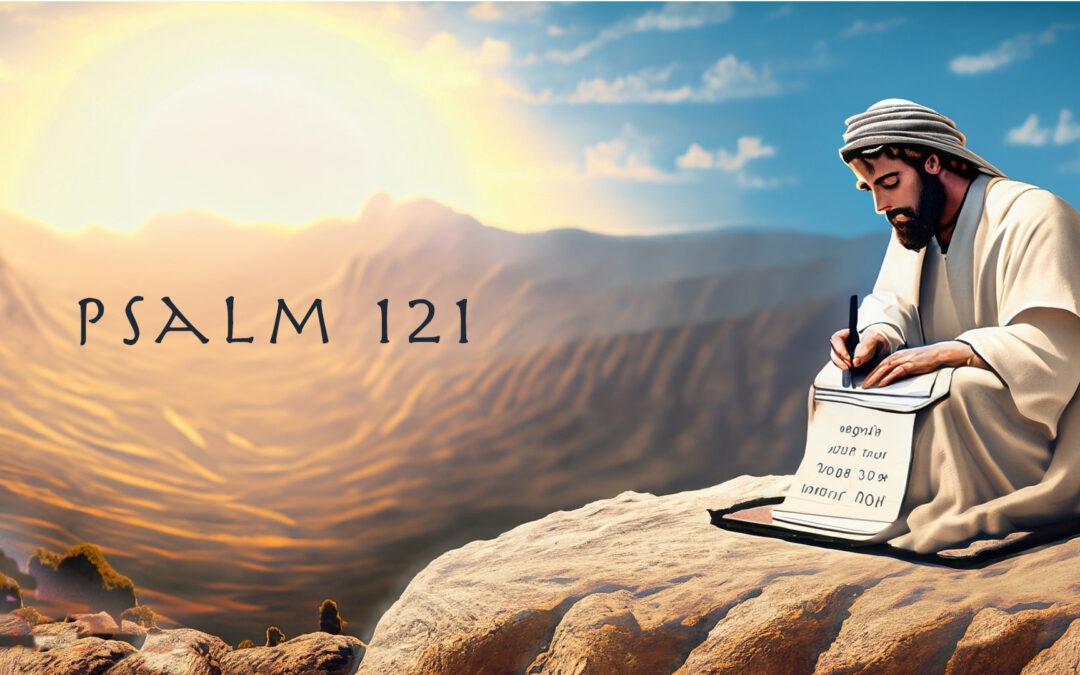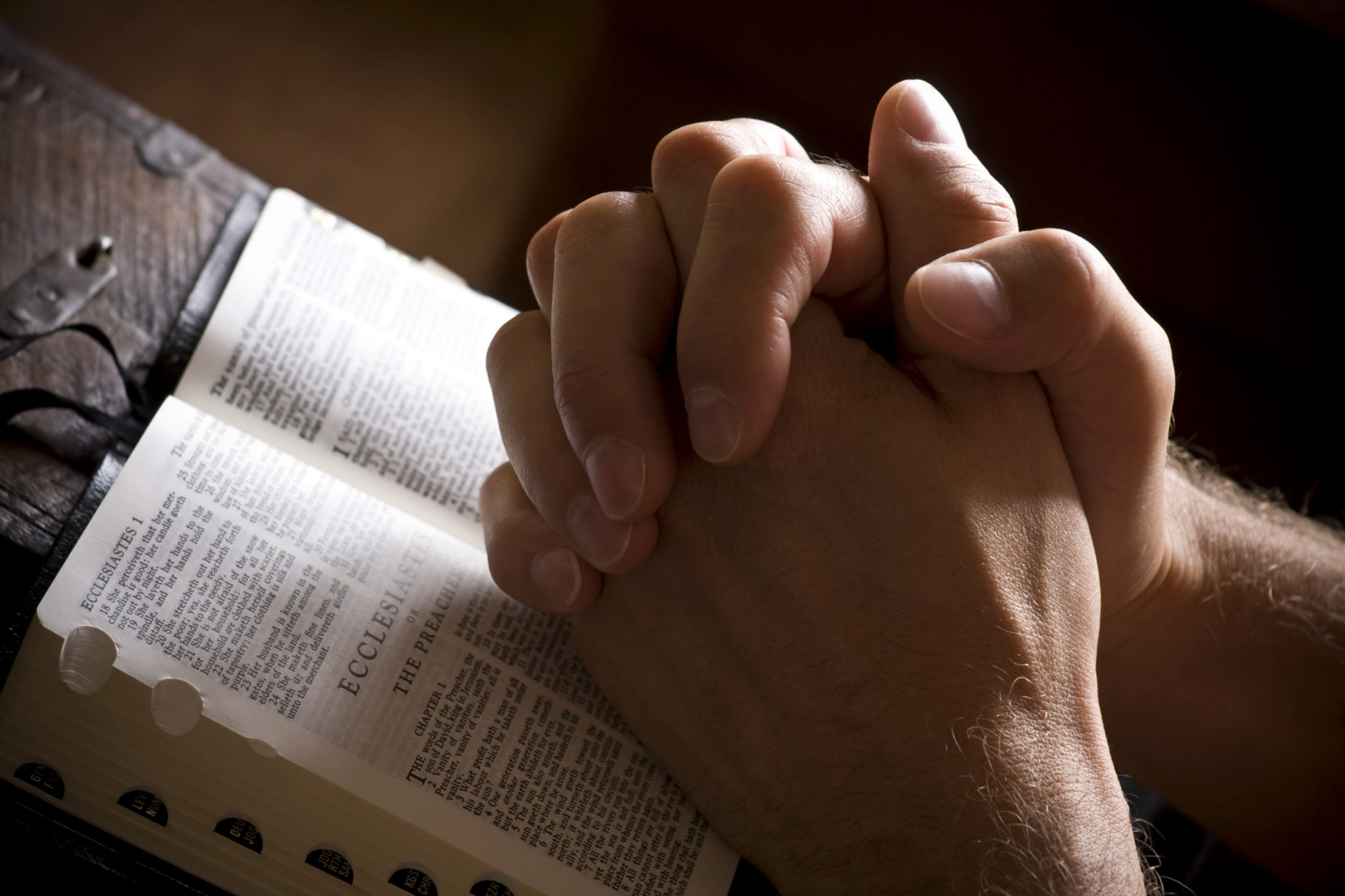How to Pray the Lord’s Prayer
Introduction to the Lord’s Prayer
The Lord’s Prayer is arguably one of the most recognized prayers in Christian theology and practice. It was taught by Jesus Christ as a model for prayer, emphasizing both praise for God and petitions for practical, everyday needs. This article will delve into the significance of each line in the Lord’s Prayer, how to integrate it into your daily life, and why it remains so relevant in modern times.
Historical Context of the Lord’s Prayer
The Lord’s Prayer can be traced back to the New Testament, specifically the books of Matthew and Luke. Unlike other prayers, it was taught directly by Jesus Christ as a model to guide not just the disciples but anyone interested in communicating with God[1].
Anatomy of the Lord’s Prayer
The Lord’s Prayer is commonly broken down into various sections, including praise, acknowledgment of God’s authority, requests for daily sustenance, pleas for mercy, and protection from evil. While the structure may differ slightly among various Christian denominations, the core elements remain consistent.
Praise: “Our Father in Heaven, Hallowed be Thy Name”
The opening lines establish the speaker’s relationship to God, identifying Him as a Father figure. It reflects the intimate relationship that is available to everyone who seeks communion with the divine. This part of the prayer is where you acknowledge God’s sanctity and majesty, revering His divine nature.
Acknowledgment of God’s Authority: “Thy Kingdom Come, Thy Will be Done”
In these lines, the prayer turns to acknowledge God’s supreme authority, expressing hope for the establishment of His kingdom on Earth and submission to His will. This emphasizes the concept of surrendering to divine guidance, trusting that God knows what’s best for us[2].
Daily Needs: “Give us This Day our Daily Bread”
The prayer becomes more practical at this point, asking for God to supply our daily needs. Whether you interpret “daily bread” literally or metaphorically to represent all our earthly needs, the key takeaway is the acknowledgment of our dependence on God for sustenance.
Request for Forgiveness: “Forgive us Our Trespasses, as We Forgive Those Who Trespass Against Us”
These lines emphasize the importance of mercy and forgiveness, both receiving it from God and extending it to others. This section underscores the reciprocal nature of forgiveness; our capacity to receive forgiveness is intricately linked to our ability to forgive others[5].
Protection: “Lead us Not Into Temptation, but Deliver us From Evil”
The closing lines ask for spiritual protection and deliverance from evil. It recognizes human frailty and the need for divine guidance to navigate life’s challenges.
Why Pray the Lord’s Prayer Daily?
There are many reasons to integrate the Lord’s Prayer into your daily life, such as discipline, trust-building, and emotional stability[3]. The prayer serves as a robust framework that can be personalized to suit individual needs and circumstances.
How to Incorporate the Lord’s Prayer in Daily Life
Morning Routine: Start your day by reciting the Lord’s Prayer, setting the tone for the day ahead.
Mealtime: Saying the Lord’s Prayer before meals can be an excellent way to acknowledge the providence of God in providing daily needs.
Stressful Situations: Use the prayer as a calming mantra during challenging or stressful moments.
Before Sleep: End the day with the Lord’s Prayer, taking the time to reflect on each line and what it means to you personally.
Common Misconceptions
Many people speed-read through the prayer, missing the depths of its meaning. Others think it is solely a Christian prayer, yet its themes are universal and can resonate with people from different religious backgrounds.
The Lord’s Prayer in Recovery Programs
The Lord’s Prayer has also been integrated into recovery programs like the 12-step program, emphasizing its role in personal and spiritual recovery processes[6].
Conclusion
The Lord’s Prayer is not just a series of lines to be recited thoughtlessly; it’s a guideline provided by Jesus for meaningful communication with God. Whether you’re a devout Christian or someone interested in spirituality, the Lord’s Prayer offers a framework for connecting with the Divine, seeking guidance, and expressing gratitude and humility.





